Here’s my list of recommended Broadway, off-Broadway, and out-of-town shows, updated weekly. In all cases, I gave these shows favorable reviews (if sometimes qualifiedly so) in The Wall Street Journal when they opened. For more information, click on the title.
BROADWAY:
• Anything Goes (musical, G/PG-13, mildly adult subject matter that will be unintelligible to children, closes Jan. 8, reviewed here)
• How to Succeed in Business Without Really Trying (musical, G/PG-13, perfectly fine for children whose parents aren’t actively prudish, reviewed here)
OFF BROADWAY:
• Avenue Q (musical, R, adult subject matter and one show-stopping scene of puppet-on-puppet sex, reviewed here)
• The Fantasticks (musical, G, suitable for children capable of enjoying a love story, reviewed here)
• Play Dead (theatrical spook show, PG-13, utterly unsuitable for easily frightened children or adults, closes July 24, reviewed here)
CLOSING SOON IN CHICAGO:
• The Front Page (comedy, PG-13, extended through July 17, reviewed here)
CLOSING SOON IN PITTSFIELD, MASS.:
• Guys and Dolls (musical, G, closes July 16, reviewed here)
CLOSING SOON OFF BROADWAY:
• A Little Journey (drama, G, extended through July 17, reviewed here)
CLOSING SOON ON BROADWAY:
• The Motherf**ker with the Hat (serious comedy, R, adult subject matter, closes July 17, reviewed here)
CLOSING SUNDAY ON BROADWAY:
• The Importance of Being Earnest (high comedy, G, just possible for very smart children, reviewed here)
CLOSING SUNDAY IN CHICAGO:
• Porgy and Bess (operatic musical, PG-13, reviewed here)

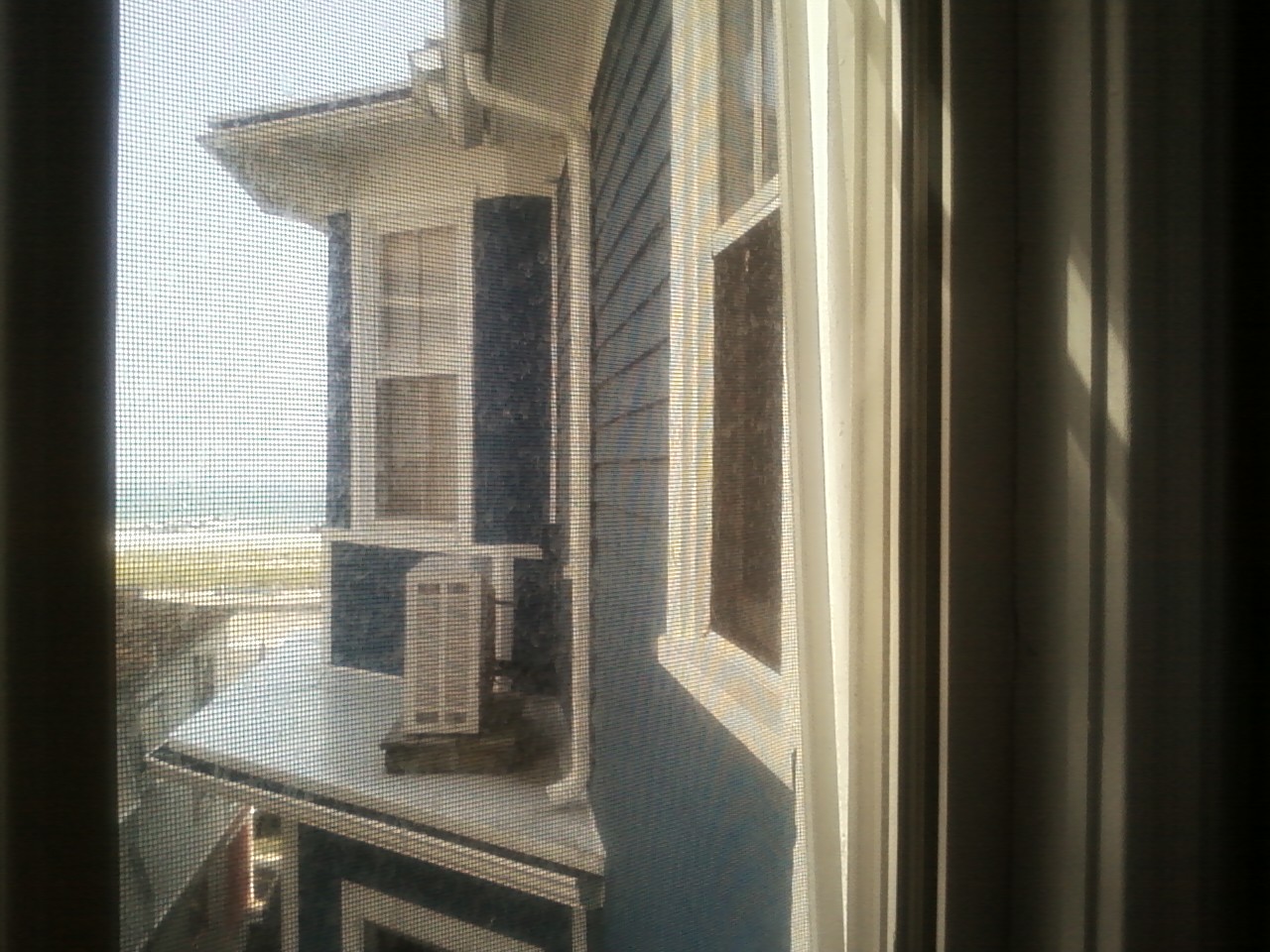
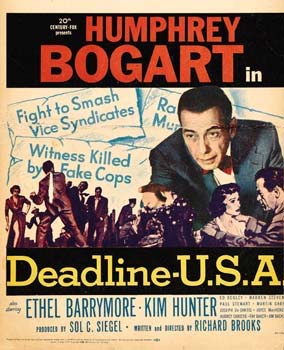 FRIDAY Up at eight to pack for an afternoon flight out of Hartford, whose airport is an hour’s drive from our place in the Connecticut woods. Mrs. T is a sleep-late-then-pack-fast kind of gal, whereas I have obsessive travel-related tendencies reinforced by years and years of making deadlines. Whenever two such folk set up house together, it necessarily leads to a certain amount of tension, albeit of a productive kind: Mrs. T and I get everywhere on time, then relax and enjoy ourselves. The only friction occurs in the frenzied hour just before we hit the road, during which glares and harsh words are exchanged, followed by an on-time departure (though never a minute early!) and profuse apologies.
FRIDAY Up at eight to pack for an afternoon flight out of Hartford, whose airport is an hour’s drive from our place in the Connecticut woods. Mrs. T is a sleep-late-then-pack-fast kind of gal, whereas I have obsessive travel-related tendencies reinforced by years and years of making deadlines. Whenever two such folk set up house together, it necessarily leads to a certain amount of tension, albeit of a productive kind: Mrs. T and I get everywhere on time, then relax and enjoy ourselves. The only friction occurs in the frenzied hour just before we hit the road, during which glares and harsh words are exchanged, followed by an on-time departure (though never a minute early!) and profuse apologies. SATURDAY We slept in, then lunched at
SATURDAY We slept in, then lunched at 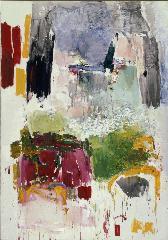 After lunch we went to the
After lunch we went to the 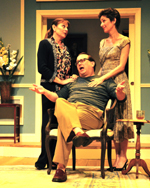 In the evening we paid our first visit to
In the evening we paid our first visit to 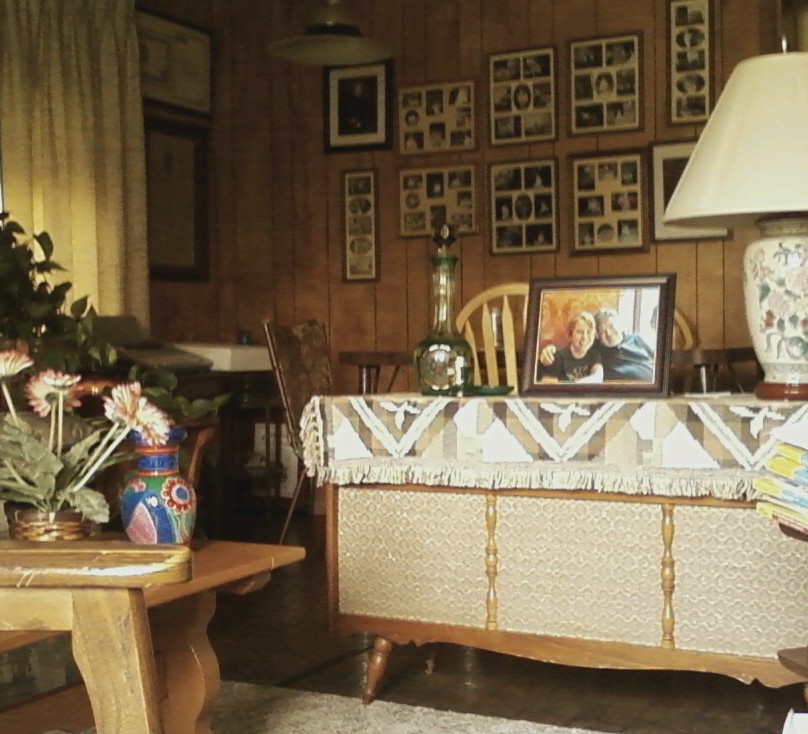 Might it be that the presence of a collection, whether humble or haute, is part of what makes a house a home? If so, then it might also be that we are all self-collectors, and that our collections are, in Alec Wilder’s phrase, clues to a life. Perhaps my father, who spent the middle part of his life as a traveling salesman, had a story to go with each of his mugs. I know that each of the carefully framed family snapshots that hang on the walls of the house where he lived, and where my mother still lives, tells a little piece of the story of my family. They, too, are a collection, one of no value to anyone but my kinfolk, to whom they are as priceless as any of the Rembrandts hanging at the Met.
Might it be that the presence of a collection, whether humble or haute, is part of what makes a house a home? If so, then it might also be that we are all self-collectors, and that our collections are, in Alec Wilder’s phrase, clues to a life. Perhaps my father, who spent the middle part of his life as a traveling salesman, had a story to go with each of his mugs. I know that each of the carefully framed family snapshots that hang on the walls of the house where he lived, and where my mother still lives, tells a little piece of the story of my family. They, too, are a collection, one of no value to anyone but my kinfolk, to whom they are as priceless as any of the Rembrandts hanging at the Met.